As the auto industry accelerates its transition to electric mobility, legacy automakers are stepping up with high-performance, tech-forward solutions. Among the leaders in luxury EV innovation is Audi, whose electric car lineup combines signature German engineering with sustainable technology. From sleek SUVs to powerful sports sedans, Audi electric cars offer drivers a premium yet eco-conscious driving experience.
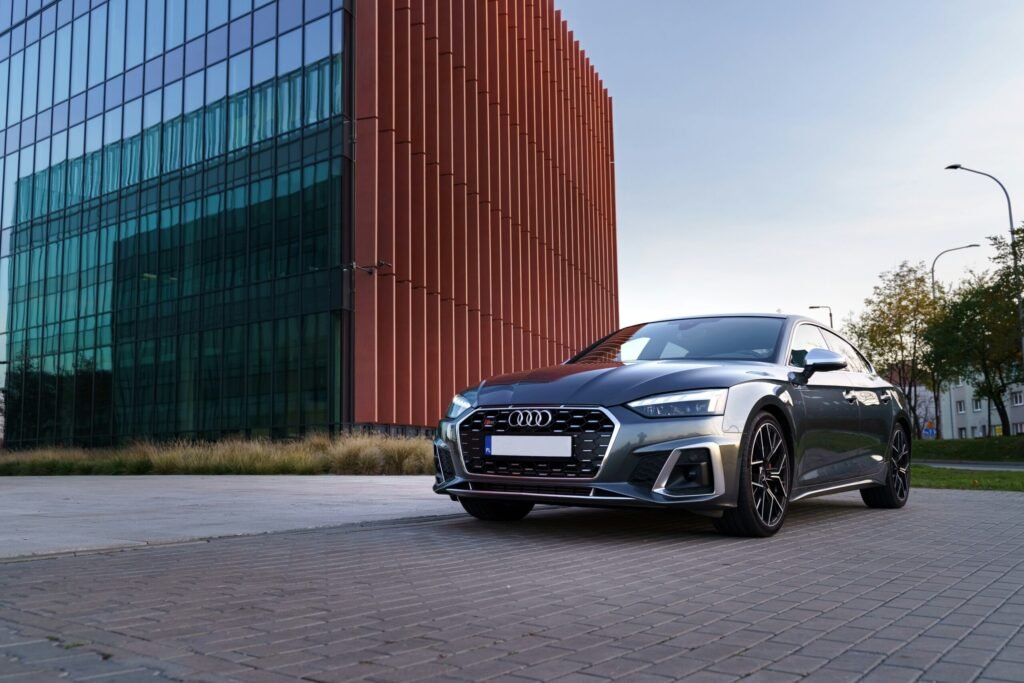
In this article, we’ll explore the key concepts behind Audi’s electric vehicle strategy, dive into the benefits and limitations, highlight real-world ownership stories, and look ahead to the future of Audi’s electric lineup.
Understanding the Audi Electric Car Lineup
Audi’s entry into the electric vehicle market began with the Audi e-tron, launched in 2019. It marked the brand’s commitment to electrification under its broader “Vorsprung durch Technik” (Advancement through Technology) philosophy. Today, Audi offers several all-electric models under the e-tron umbrella, with more to come as part of its plan to become fully electric by 2033.
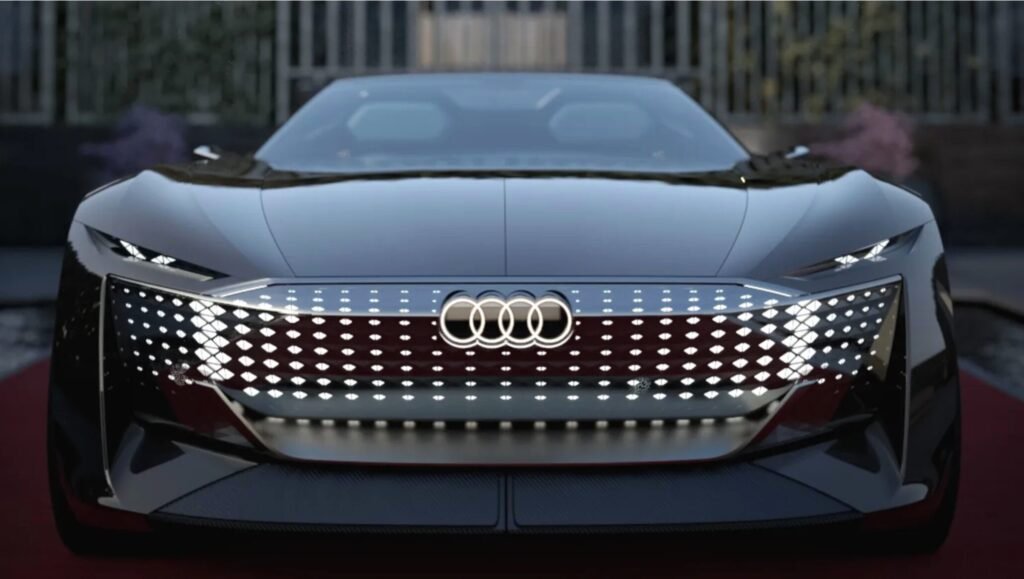
Key Audi Electric Models in 2025:
- Audi Q4 e-tron – A compact electric SUV that balances performance, space, and price.
- Audi Q8 e-tron – A luxurious, midsize SUV with impressive range and quattro® all-wheel drive.
- Audi Q8 Sportback e-tron – A sportier version of the Q8 with a sleek fastback design.
- Audi e-tron GT – A high-performance electric sedan with Porsche Taycan DNA.
- Audi RS e-tron GT – A performance-focused EV rivaling supercars.
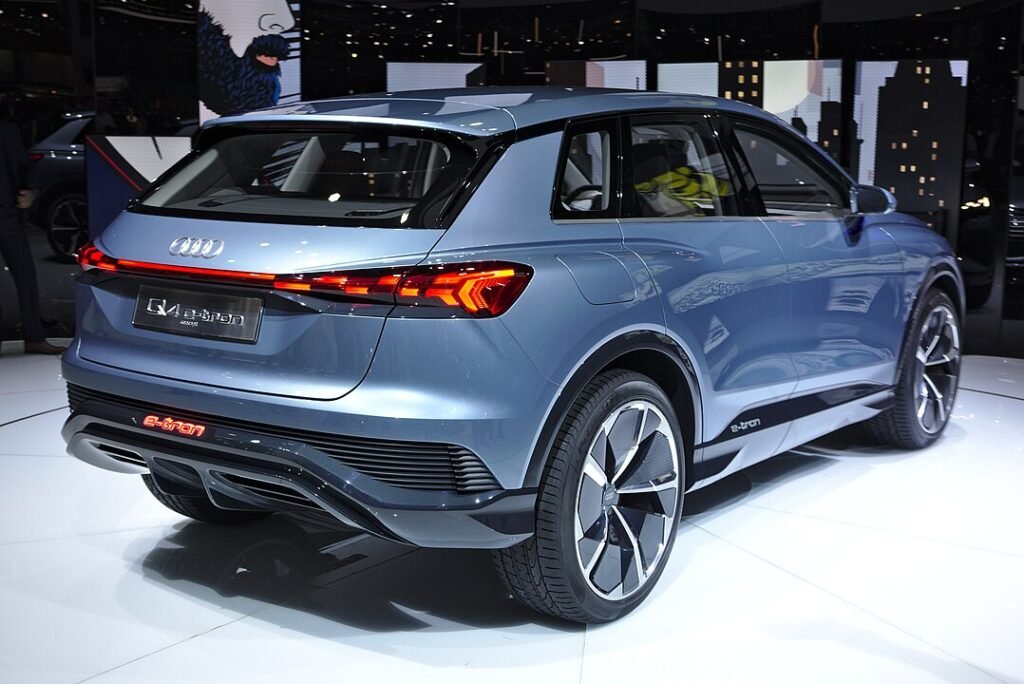
Each Audi electric car features advanced battery technology, fast-charging capabilities, regenerative braking, and a cutting-edge digital cockpit system. Most models support DC fast charging of up to 170 kW, allowing up to 80% charge in about 30 minutes.
Key Benefits of Audi Electric Cars
1. High Performance with Zero Emissions
Audi EVs offer instant torque and seamless acceleration. For example, the RS e-tron GT can go from 0 to 60 mph in just 3.1 seconds—all without tailpipe emissions. Audi’s electric cars combine thrill with sustainability.
2. Luxury Interior and Design
Whether you’re sitting in a Q4 or the flagship e-tron GT, Audi delivers the refined materials, quiet cabin, and tech-rich features you’d expect from a top-tier brand. MMI touch displays, ambient lighting, and sustainable materials elevate the driving experience.
3. Advanced Safety and Driver Assistance
Audi electric cars are equipped with features like adaptive cruise control, lane assist, and traffic jam assist, supporting both comfort and safety. Audi’s pre sense® system enhances collision avoidance.
4. Range and Charging Versatility
With ranges exceeding 300 miles in some trims (like the Q8 e-tron), Audi EVs can comfortably handle long drives. Plus, compatibility with DC fast charging and the Electrify America network ensures rapid top-ups on the go.
5. Eligible for Incentives
Many Audi electric cars qualify for federal and state incentives. For instance, new Q4 e-tron models may be eligible for the $7,500 federal EV tax credit, depending on assembly location and battery components.
Challenges and Limitations
1. Premium Price Tag
Luxury comes at a cost. Even entry-level Audi EVs like the Q4 e-tron start around $50,000, and high-end models like the RS e-tron GT can exceed $140,000. While federal and state tax credits help, affordability may remain a barrier for some buyers.
2. Charging Infrastructure Still Growing
Although Audi supports fast charging, the public infrastructure—especially in rural areas—may not meet the needs of all drivers. Home charging installation is essential for most owners.
3. Limited Model Variety (for Now)
Compared to Tesla or Hyundai, Audi’s EV lineup is still expanding. Some segments, such as electric trucks or smaller sedans, remain absent in Audi’s current offerings.
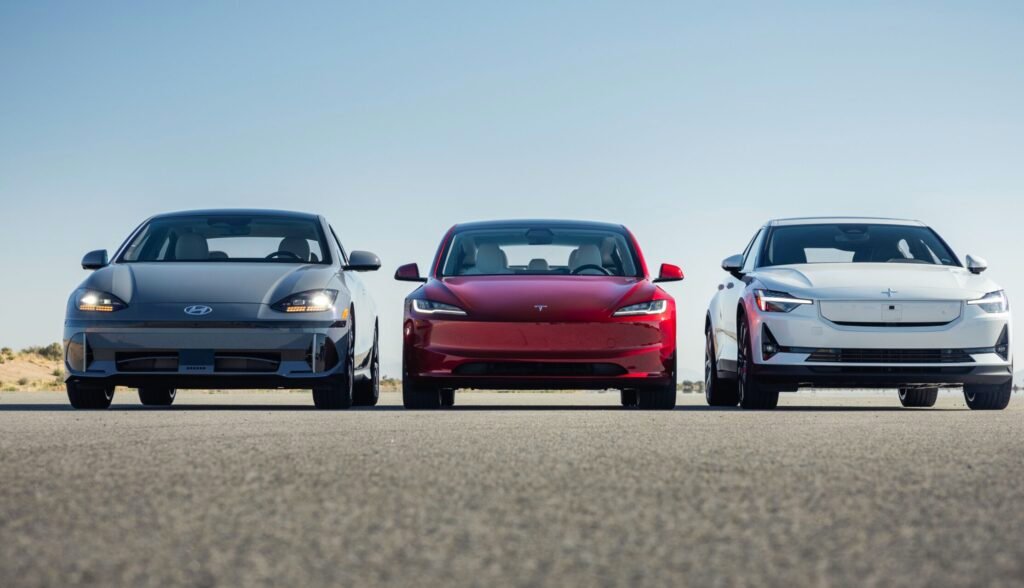
4. Real-World Range May Vary
While EPA-rated range estimates are strong, cold weather, highway speeds, and driving habits can reduce real-world performance. Owners in colder climates may experience noticeable range drops.
Real-World Audi EV Experiences
A Commuter in Chicago: Audi Q4 e-tron
Jessica, a Chicago-based architect, switched from an Audi A4 to the Q4 e-tron in 2023. “It’s the perfect city car—silent, stylish, and I charge once a week at home.” She uses Audi’s myAudi app to monitor battery levels and find charging stations nearby.
A Family SUV in Colorado: Audi Q8 e-tron
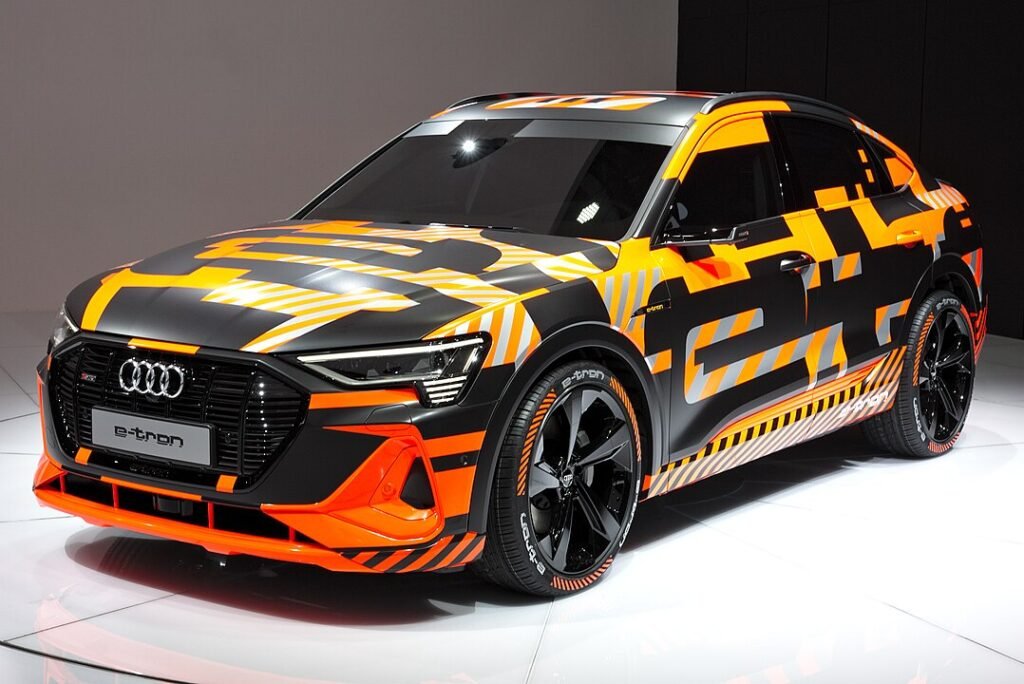
The Singh family chose the Q8 e-tron for weekend trips and ski runs. “Quattro all-wheel drive handles snow like a champ,” says Raj. With a home Level 2 charger and nearby Electrify America stations, they’ve made the transition from gas painlessly.
A Thrill Seeker’s Dream: RS e-tron GT
Ethan, a tech entrepreneur in California, describes the RS e-tron GT as “a spaceship on wheels.” With blazing speed, jaw-dropping looks, and quiet confidence, it redefines performance for him.
Future Trends and Predictions
1. All-Electric Audi Lineup by 2033
Audi has pledged to cease production of internal combustion engines by 2033, transitioning entirely to electric. Expect new models across all categories, including compact city cars and larger crossovers.
2. Audi-Porsche Collaboration
The Premium Platform Electric (PPE), co-developed with Porsche, will underpin upcoming models like the Audi A6 e-tron. This modular architecture offers improved efficiency, range, and performance.
3. Enhanced Charging Ecosystems
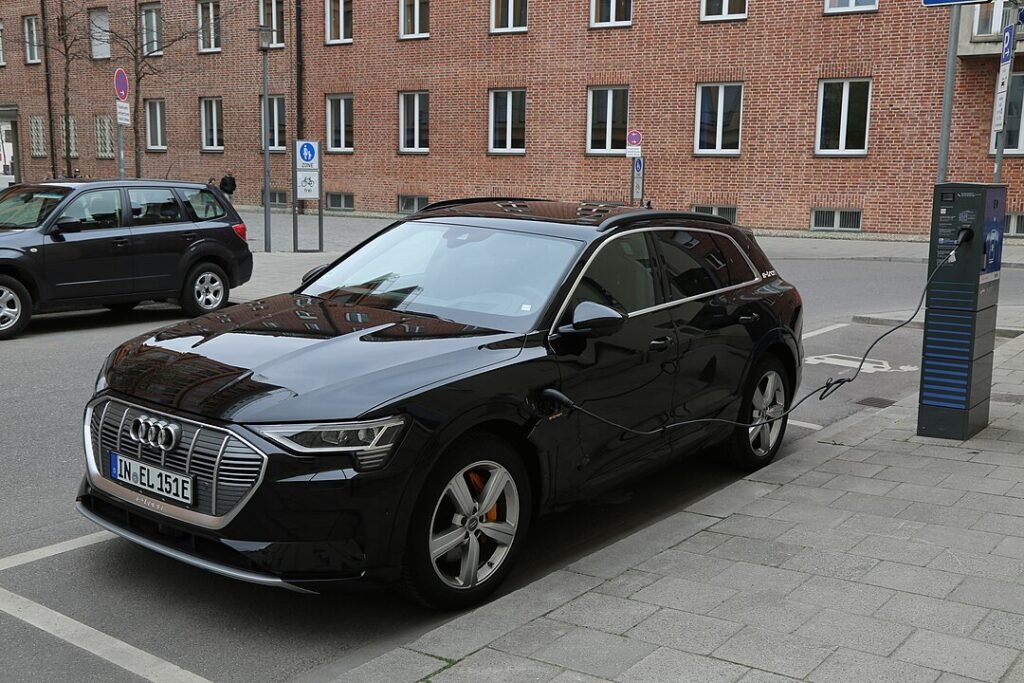
Audi is investing in high-speed charging hubs across Europe and North America. Future models will likely support even faster charging and integrate smart charging tech for better grid management.
4. Next-Level In-Car Tech
Look for augmented reality (AR) windshields, enhanced AI assistants, and full over-the-air software updates in future Audi electric cars. These features will enhance safety, personalization, and entertainment.
5. Sustainability at Scale
Audi plans to produce EVs using carbon-neutral factories, recycled materials, and ethical battery sourcing. Sustainability isn’t just about emissions—it’s about the whole lifecycle.
FAQ – Audi Electric Car
Are Audi electric cars reliable?
Yes, Audi EVs are built with the brand’s traditional focus on quality and precision. Most owners report excellent reliability, especially for newer models.
What is the range of an Audi electric car?
Ranges vary by model. The Q4 e-tron offers up to 265 miles, while the Q8 e-tron can reach over 300 miles. The RS e-tron GT has a range of approximately 232 miles.
Do Audi electric cars qualify for tax credits?
Yes, certain models qualify for the federal EV tax credit and may also receive state incentives, depending on factors like MSRP and battery sourcing.
How long does it take to charge an Audi EV?
With DC fast charging, Audi EVs can reach 80% charge in about 30–40 minutes. Level 2 home chargers typically take 7–9 hours for a full charge.
What’s the difference between Q4 e-tron and Q8 e-tron?
The Q4 e-tron is a compact SUV focused on affordability and efficiency. The Q8 e-tron is a luxury midsize SUV with more space, power, and features.
Conclusion: Is an Audi Electric Car Right for You?
If you’re looking for a premium EV experience backed by design excellence, cutting-edge technology, and sustainability, an Audi electric car is a compelling choice. Whether you’re drawn to the practicality of the Q4 e-tron or the power of the RS e-tron GT, Audi’s growing lineup offers something for every electric driver.
As Audi continues its bold EV expansion, we can expect even more refined, intelligent, and efficient models in the years ahead. Now is the perfect time to explore what Audi electric vehicles can offer.
– Ready to go electric in style? Visit VoltDriveHub for expert reviews, comparison guides, and the latest EV incentives.






